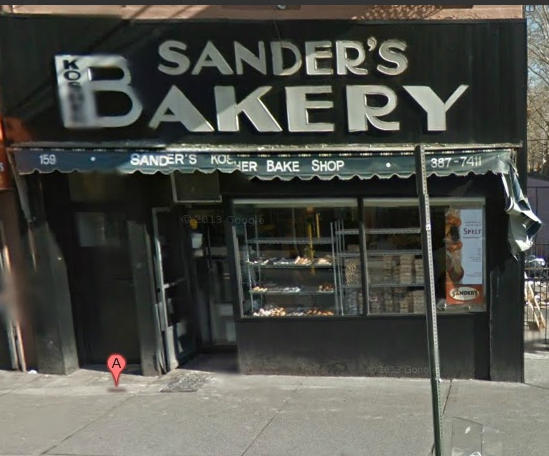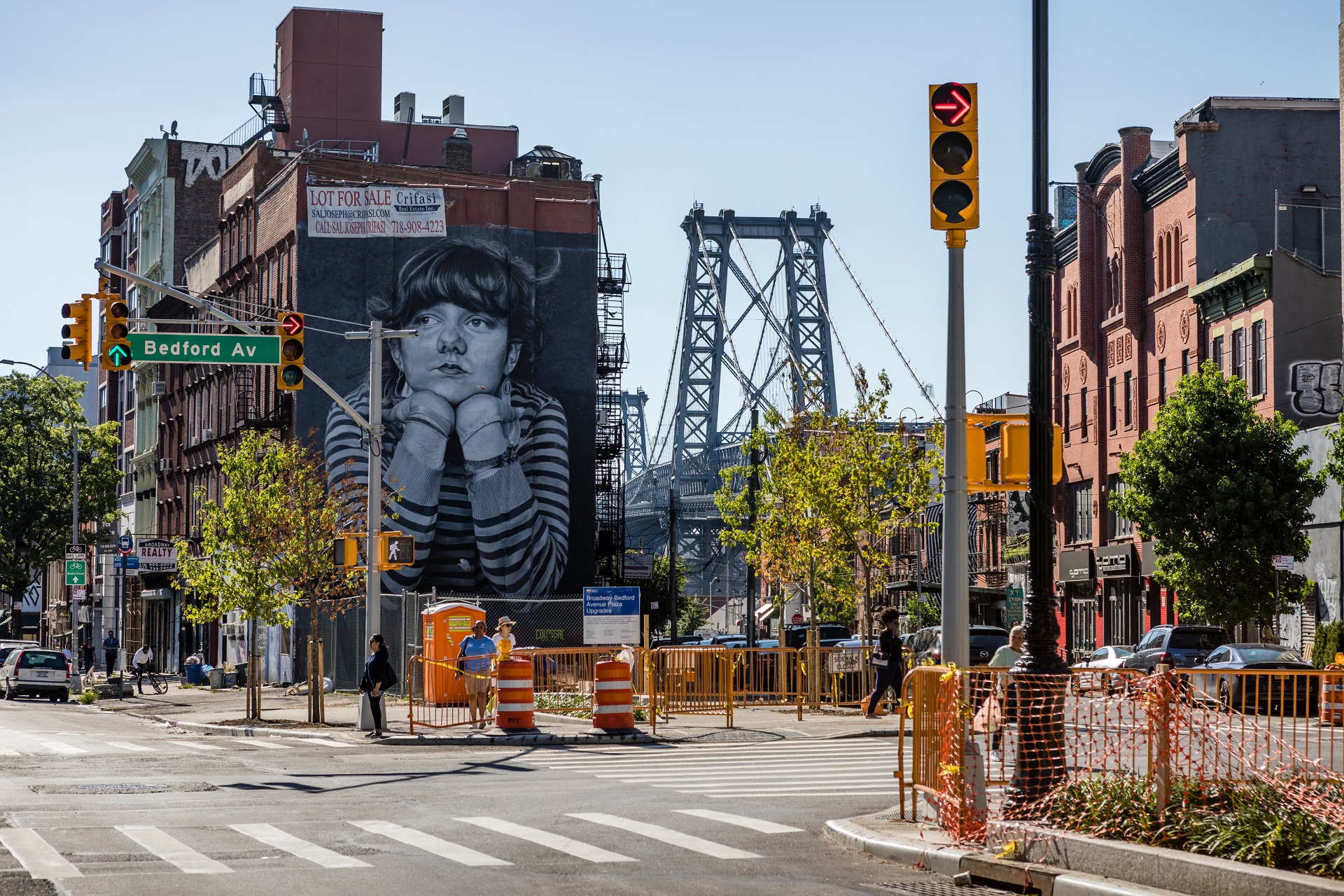Williamsburg store owners allowed to demand modest dress code

Screen Shot 2014-01-23 at 2.55.14 PM.png
The New York City Human Rights Commission (HRC) has dropped its challenge against seven Hasidic stores with mandatory dress codes promoting modesty.
Many Hasidic storeowners posted signs in their establishments demanding “No Shorts, No Barefoot, No Sleeveless, No Low-Cut Neckline Allowed In This Store.” In 2012, the HRC filed a complaint against these stores alleging that the dress codes were discriminatory against those of the same religious persuasion.
Hasidic Judaism mandates that women dress in a modest manner, wearing skirts and dresses below the knee, keeping their elbows and necklines covered, and, in some instances, covering their natural hair. Men are also required to dress relatively moderately.
